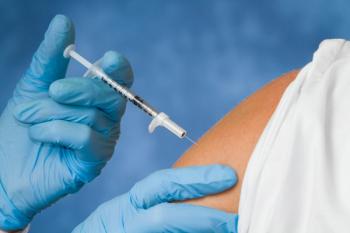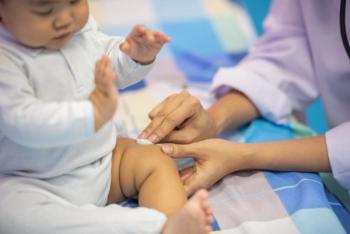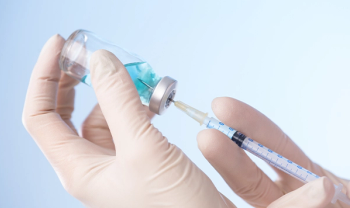
As Chikungunya Spreads Worldwide, FDA Halts Use of U.S.-Approved Vaccine Ixchiq
The FDA suspends Ixchiq, the first approved chikungunya vaccine, over safety concerns, impacting its availability in the U.S. market.
The United States' first FDA-approved vaccine against chikungunya, a painful mosquito-borne virus spreading across more than 110 countries, is now off the U.S. market after regulators suspended its license over safety concerns.
The FDA announced the suspension of Ixchiq on August 22,
The suspension requires Valneva SE, the French company that manufactures Ixchiq, to immediately stop shipments and sales of the vaccine in the U.S. The decision came just two weeks after the
At that time, the FDA acknowledged that the initial reports of safety concerns, particularly among older adults with multiple health conditions, did not spark a full suspension. However, the new data led to a different outcome.
In a news release, Valneva said the reported cases were consistent with side effects already observed during clinical trials and post-marketing use. The company also noted that Ixchiq’s prescribing information includes warnings about possible risks in older adults.
According to Thomas Lingelbach, CEO of Valneva, the manufacturer is committed to maintaining the drug’s access as a “global health tool” in preventing outbreaks of this viral disease in all countries where it remains licensed.
“We aim to continue providing Ixchiq to all countries where the product is licensed and continue our efforts with our partners to accelerate vaccine access in low-and-middle-income chikungunya-endemic countries—especially in response to any current or future chikungunya outbreaks, ensuring the vaccine reaches those most in need,” Lingelbach said in the release.
Ixchiq was the first FDA-approved vaccine to prevent chikungunya virus. It was authorized in November 2023 under the accelerated approval pathway and was initially indicated for adults ages 18 and older who were at high risk of exposure to the virus.
The vaccine contains a live, weakened version of chikungunya and is given as a single intramuscular injection. While it can trigger immune protection, it may also cause side effects that mimic chikungunya illness, such as fever, joint pain, headache and fatigue.
The FDA also approved the virus-like particle vaccine,
Chikungunya is a mosquito-borne viral disease spread by Aedes mosquitoes. It often causes fever, rash and severe joint pain that can last for weeks or even years. Since 2004, the disease has re-emerged globally, leading to outbreaks in over 100 countries.
Between 2013 and 2023, more than 3.7 million cases were reported in the U.S. alone, the release shared. The World Health Organization identified chikungunya as a growing public health concern, especially as climate change expands the habitat of mosquitoes that carry the virus.
In May 2025, the U.S.
Those restrictions were later lifted, but the vaccine remained under close monitoring.
Although there have been setbacks, Ixchiq has shown promise in younger populations.
Valneva reported in June
The FDA suspension puts the future of Ixchiq in the U.S. market in limbo.
Valneva said it is evaluating the potential financial impact but has not adjusted its 2025 revenue projections. Sales of Ixchiq generated €7.5 million, or $8.7 million in the U.S., in the first half of this year, largely due to emergency vaccine shipments during the outbreak in La Réunion.
As of now, Ixchiq remains licensed in Europe and other countries, and Valneva noted it will continue to make the vaccine available where it is authorized. However, with the FDA suspension, U.S. travelers and healthcare providers will no longer have access to this vaccine against chikungunya until further safety reviews are complete. The use of Vimkunya is still available.
Newsletter
Get the latest industry news, event updates, and more from Managed healthcare Executive.























